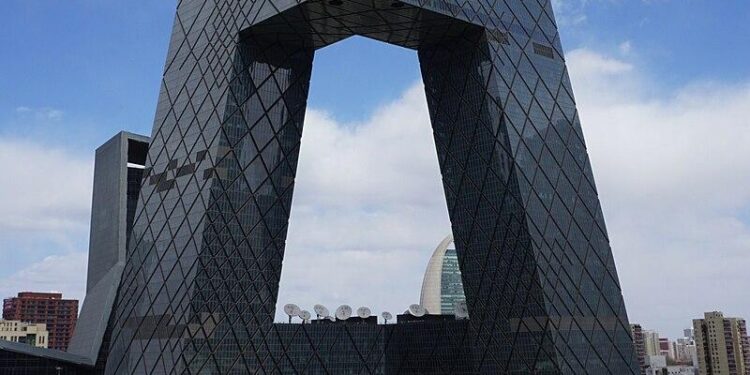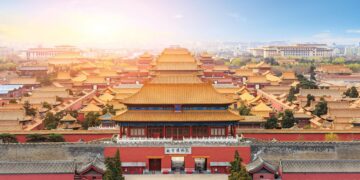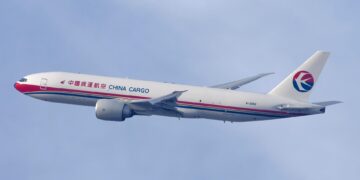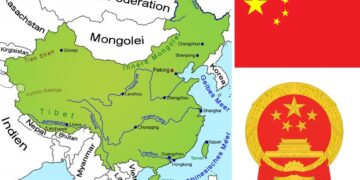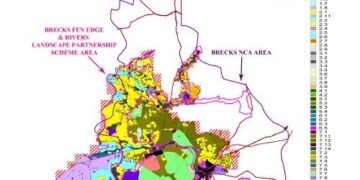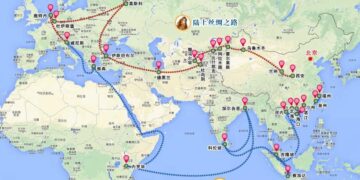In a move that underscores the complexities of international technology dynamics, ASML, the Dutch semiconductor giant renowned for its advanced lithography machines, has announced its plans to establish a new facility in Beijing, China.This decision comes amidst ongoing US sanctions aimed at limiting Chinese access to cutting-edge semiconductor technology, raising questions about the implications for both global supply chains and geopolitical tensions. ASML’s expansion into the Chinese market highlights the balancing act companies must navigate between adhering to regulatory constraints and pursuing growth opportunities in one of the world’s largest technology markets. This article delves into the details of ASML’s Beijing facility, the backdrop of US sanctions, and the impact this move may have on the semiconductor industry and international relations.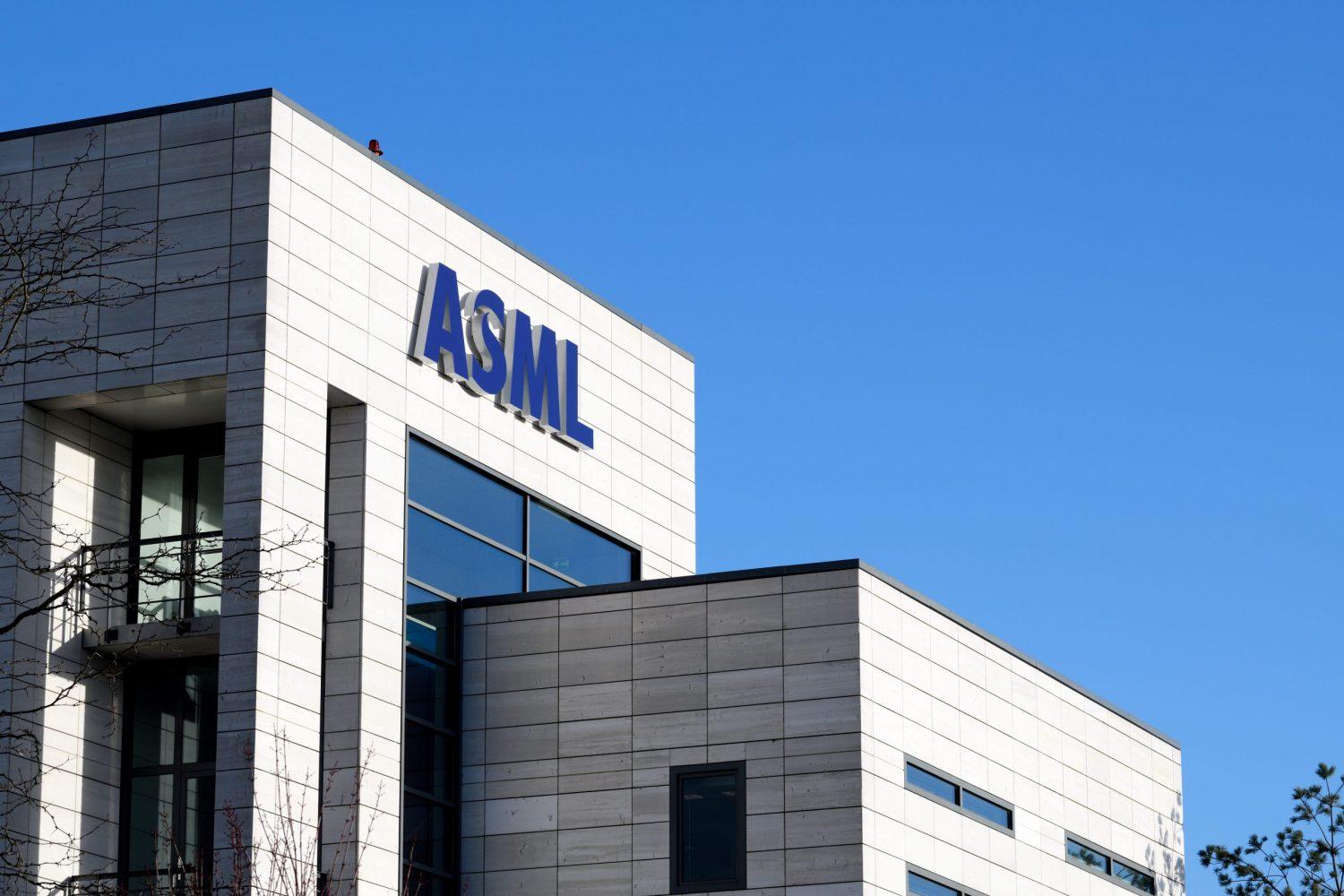
ASML’s Strategic Move: Opening a Beijing Facility Amid Geopolitical Tensions
In a bold response to the shifting landscape of global tech supply chains, ASML has announced its decision to open a new facility in Beijing, signaling its intent to deepen its presence in one of the world’s largest markets. This move comes despite ongoing geopolitical tensions and recent US sanctions targeting advanced semiconductor technology exports to china. By establishing a footprint in Beijing, ASML aims to enhance its operational capabilities and better serve local customers, potentially mitigating risks associated with international trade disputes.
Key motivations behind this strategic expansion include:
- Market Access: Tapping into the growing Chinese semiconductor market.
- Diversification: Reducing reliance on customers in politically sensitive regions.
- Innovation Collaboration: Partnering with local firms to stay at the forefront of technological advancements.
While this move raises eyebrows amidst tight-knit US-China relations, ASML’s executives argue that fostering innovation and collaboration, particularly in the context of semiconductor manufacturing, benefits both parties. As the company navigates these complex waters, they may provide a blueprint for other tech firms facing similar decisions in a rapidly changing global environment.
| Consideration | Implication |
|---|---|
| Geopolitical Tensions | Increased scrutiny and potential backlash from Western governments. |
| local Competition | Heightened need for innovation to differentiate from domestic players. |
| Regulatory Challenges | Compliance with local laws and international sanctions. |
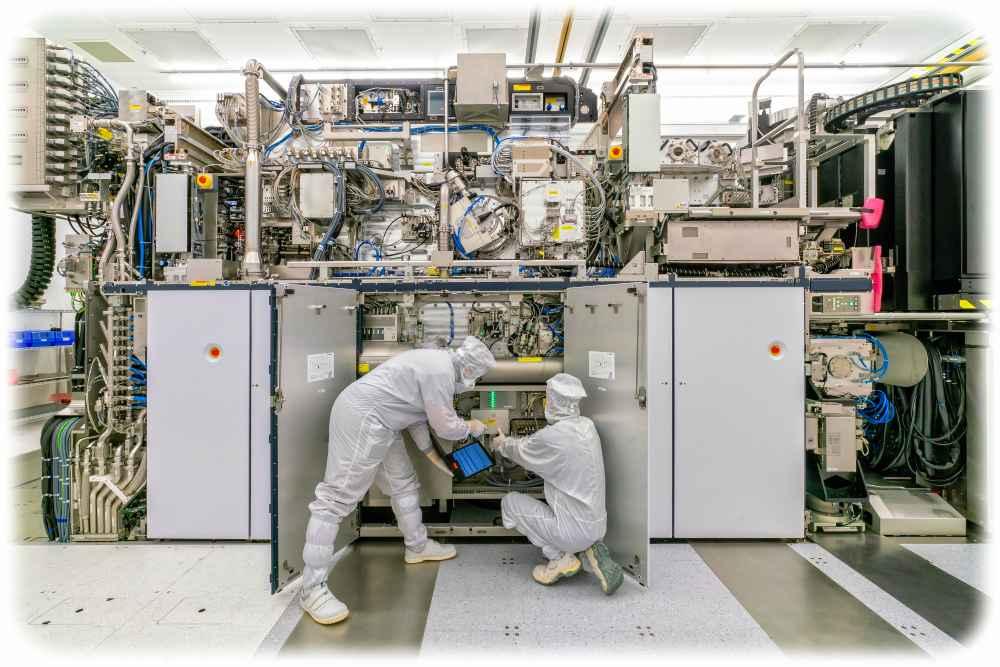
Understanding US Sanctions: Implications for Technology Firms Operating in China
As technology firms like ASML navigate the complexities of operating in China amid U.S. sanctions, the implications of these restrictions are far-reaching. Sanctions can limit the availability of vital components, restrict access to U.S. technology, and lead to notable compliance and legal challenges. Companies must weigh the potential profit from engaging with the Chinese market against the backdrop of increased scrutiny from U.S. authorities. Understanding these dynamics is crucial for firms to develop effective strategies that mitigate risks while capitalizing on emerging opportunities in one of the world’s largest tech markets.
Moreover, the interplay between U.S.sanctions and the operational realities in China creates a unique landscape for international tech firms. Key considerations include:
- regulatory Compliance: Ensuring adherence to both U.S.and Chinese laws.
- Supply Chain Management: Identifying option suppliers and logistics solutions.
- Market Entry Strategies: Tailoring products and services to fit local needs while respecting sanctions.
In light of these factors, companies must establish robust frameworks for ongoing risk assessment and stakeholder engagement.Failure to do so could result in ample financial losses and reputational damage,emphasizing the need for a strategic approach to international operations.
The Role of ASML in the Global Semiconductor Supply Chain
ASML, a pivotal player in the global semiconductor industry, continues to shape the landscape amidst geopolitical tensions and trade restrictions. This Dutch company specializes in lithography machines,which are essential for producing advanced microchips. The decision to open a facility in Beijing, despite US sanctions, underscores ASML’s strategic commitment to maintaining a strong foothold in the Chinese market. This move can potentially facilitate the local assembly of their systems and cater to the growing demand for semiconductors in various sectors including telecommunications, automotive, and artificial intelligence.
By establishing a presence in China, ASML not only enhances its supply chain resilience but also aids in fostering technological progress within the region. key aspects of ASML’s influence in the semiconductor supply chain include:
- Technological Leadership: ASML holds a monopoly on extreme ultraviolet (EUV) lithography machines,crucial for producing the latest generation of chips.
- Global Collaboration: The company collaborates with various governments and corporations, enhancing innovation and production efficiency.
- Risk Diversification: Expanding operations in china allows ASML to mitigate risks associated with relying solely on European or American markets.
Furthermore, ASML’s investments in China are expected to stimulate job creation and higher skill development in the region, ultimately benefiting both local and global economies. The following table highlights the impact of ASML’s operations:
| Impact Area | Description |
|---|---|
| Innovation | facilitates advancements in chip technology through local R&D. |
| Supply Chain Efficiency | Enhances delivery timelines by localizing assembly capabilities. |
| Economic Growth | Contributes to GDP and creates job opportunities in the semiconductor sector. |
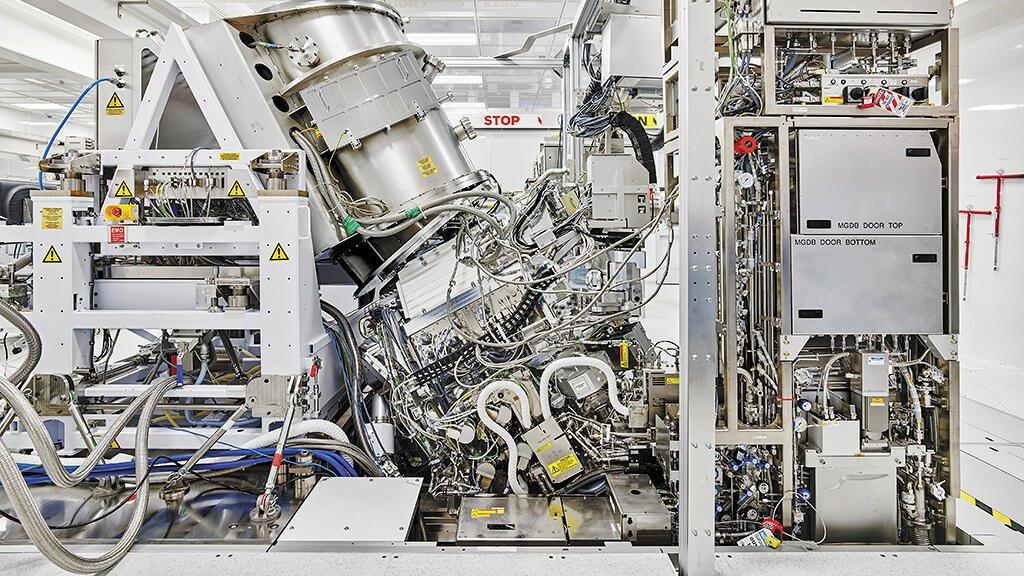
Potential Risks and Rewards of Investing in China’s Semiconductor Market
Investing in China’s semiconductor market presents a complex landscape of potential opportunities and challenges. On one hand, the government’s strategic push to bolster its domestic semiconductor industry means that companies operating in this space could benefit from significant state support and incentives.This includes substantial funding for research and development, as well as partnerships with local tech firms. Additionally, as global demand for semiconductors continues to rise, many analysts forecast that China’s evolving market could yield lucrative returns for investors who align themselves with the right players in the field.
Conversely,the regulatory and geopolitical environment poses notable risks. Ongoing tensions between the U.S. and China,particularly around technology transfer and intellectual property,could result in unexpected sanctions or trade barriers. Investors must navigate the complexities of compliance with international laws amid evolving political dynamics. Key risks include:
- Geopolitical tensions that could disrupt supply chains.
- Regulatory changes within China that may hinder foreign participation.
- Technological dependencies that may pose operational risks.
Given these considerations, a careful analysis of the market and strategic risk management will be essential for those looking to penetrate or expand in China’s semiconductor sector.
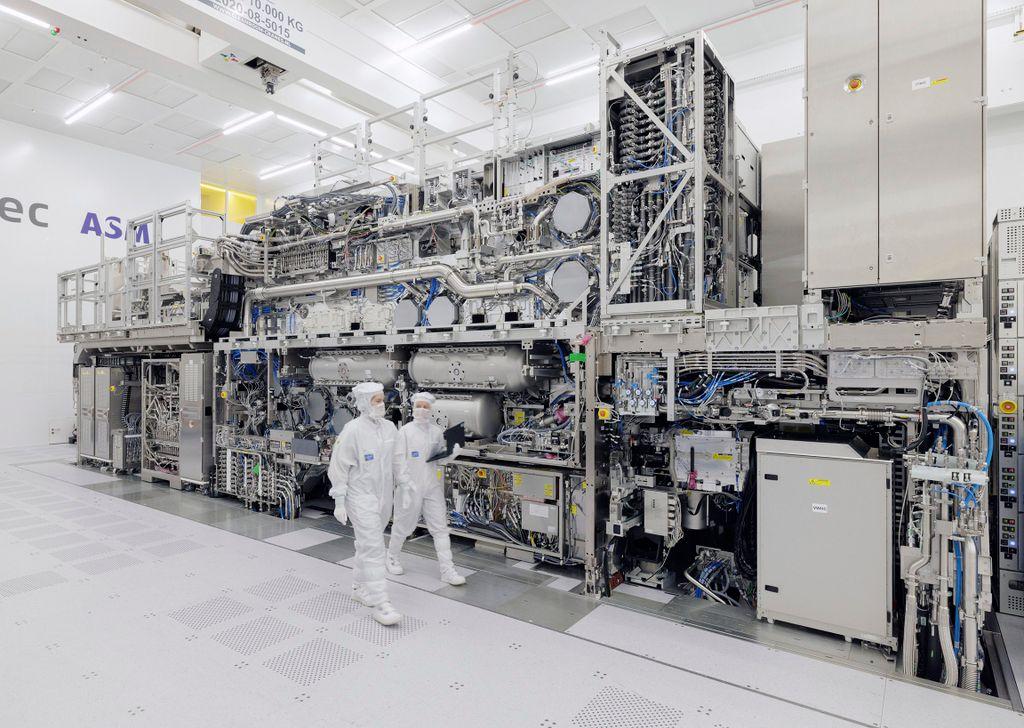
Recommendations for Stakeholders Navigating the Evolving Landscape
As stakeholders assess the implications of ASML’s decision to open a facility in Beijing amidst ongoing US sanctions, it is crucial to adopt a proactive approach. Engaging with local partners will not only enhance operational capabilities but also foster resilience in navigating regulatory challenges. Stakeholders should consider the following strategies:
- Monitor Regulatory Developments: Stay updated on the evolving landscape of sanctions and trade policies to adapt strategies swiftly.
- Establish Dialog Channels: Maintain open lines of communication with policymakers to advocate for favorable conditions.
- Cultivate Local Relationships: Develop partnerships with local enterprises to mitigate risks associated with geopolitical tensions.
Moreover, it is important for stakeholders to evaluate the potential impact of ASML’s operations in China on global supply chains. Understanding how this move might influence market dynamics can provide insights into competitive positioning. Stakeholders should analyze:
| Impact Area | Potential Effects |
|---|---|
| Supply Chain Efficiency | Increased local production could streamline logistics and reduce costs. |
| Market Competition | Local firms may strengthen positions against international competitors. |
| Regulatory Risks | New challenges may arise as US-China relations evolve. |
By actively engaging in these areas, stakeholders can better navigate the complexities of the semiconductor industry’s shifting landscape while maximizing their strategic advantages.
future Outlook: What ASML’s Decision means for Global Tech Relations
ASML’s decision to establish a facility in Beijing amid ongoing US sanctions signifies a strategic pivot in global tech relations, highlighting the increasing intertwining of economies despite political tensions. by proceeding with this investment, ASML is not only reinforcing its commitment to China as a crucial market but also potentially positioning itself as a mediator in the geopolitical landscape. This move can be seen as an attempt to maintain a foothold in the rapidly growing Asian tech sector while navigating the complex regulations set forth by the US government.
Moreover, the implications of ASML’s actions could reverberate throughout the semiconductor supply chain. as the leading manufacturer of photolithography equipment essential for chip production, ASML plays a pivotal role in shaping the industry’s future. The establishment of a facility in China might lead to several outcomes, including:
- Enhanced collaboration between Western technology firms and Chinese companies.
- Increased competition among nations aiming to lead in semiconductor manufacturing.
- Potential adjustments in existing US policies regarding technology exports.
As various parties reflect on this development,it is critical to monitor how ASML’s initiative will reshape alliances and economic strategies across the global tech landscape.
To Wrap It Up
ASML’s decision to open a facility in Beijing amidst ongoing U.S.sanctions against China reflects the complex dynamics of global tech geopolitics. while the move may spur local advancements in semiconductor manufacturing technology, it also underscores the significant tensions between major powers regarding technological innovation and national security. As companies navigate these challenging waters, the implications of ASML’s actions will likely reverberate through the industry, influencing everything from supply chains to international trade policies. Stakeholders will be keenly watching how this development unfolds and what it means for the future of the semiconductor landscape in both China and beyond. As the global competition in technology continues to escalate, the balance between innovation and regulation remains a critical area of focus for policymakers and industry leaders alike.

